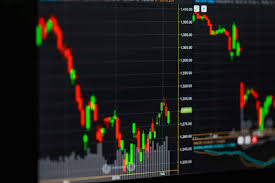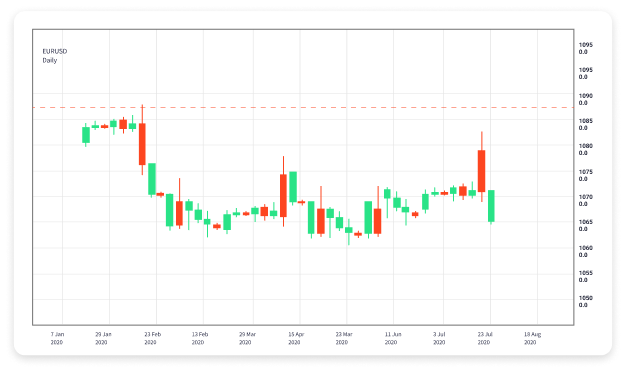
Understanding the Meaning of Forex Trading
Forex trading, short for foreign exchange trading, is the act of buying and selling currencies in the global marketplace. It is one of the largest and most liquid financial markets in the world, where trillions of dollars are traded daily. In this article, we will explore the meaning of Forex trading, its mechanisms, benefits, and the factors that influence currency exchange rates. If you’re looking for reliable brokers to start your trading journey, you may want to check out forex trading meaning Argentina Brokers.
What is Forex Trading?
At its core, Forex trading involves exchanging one currency for another, with the intent of making a profit. Unlike the stock market, which operates on the buying and selling of shares of individual companies, Forex trading involves currencies. This trading occurs over-the-counter (OTC) through a global network of banks, financial institutions, and individual traders.
The Origin of Forex Trading
The origins of Forex trading can be traced back to the 1970s when countries moved from fixed exchange rate systems to floating exchange rates—essentially allowing the value of their currencies to be determined by market forces. As globalization increased and the internet became more accessible, Forex trading exploded in popularity, leading to the creation of several trading platforms and brokerage firms worldwide.

How Forex Trading Works
Forex trading involves pairs of currencies, such as EUR/USD (Euro/US Dollar) or GBP/JPY (British Pound/Japanese Yen). Each currency pair has a bid price (the price at which the trader can sell the base currency) and an ask price (the price at which the trader can buy the base currency). The difference between these two prices is called the spread and represents the broker’s profit from the trade.
Traders analyze currency pairs using various strategies, including fundamental and technical analysis. While fundamental analysis looks at economic indicators, interest rates, and geopolitical events, technical analysis relies on historical price data and trading indicators to forecast future price movements.
The Benefits of Forex Trading
There are several advantages to engaging in Forex trading:
- High Liquidity: The Forex market is incredibly liquid, allowing traders to enter and exit positions quickly without significantly affecting currency prices.
- Leverage: Forex brokers often provide leverage, enabling traders to control larger positions with a smaller amount of capital. While this increases potential profits, it also amplifies the risks.
- 24-Hour Market: The Forex market operates 24 hours a day during weekdays, allowing traders to participate in the market at their convenience.
- Diverse Trading Options: With a vast array of currency pairs available, traders can choose to specialize in particular currencies or diversify their portfolios.
Risks Associated with Forex Trading
Despite its advantages, Forex trading comes with significant risks. Factors such as market volatility, the use of leverage, and the potential for losses are crucial considerations for any prospective trader. Understanding risk management strategies is key to minimizing potential losses and maximizing gains. Traders often use stop-loss orders, which automatically close a position at a certain loss limit, to manage their exposure to risk.

Key Factors Influencing Currency Prices
Several factors can influence the value of currencies and, in turn, influence Forex trading:
- Economic Indicators: Metrics such as GDP growth, unemployment rates, and inflation can greatly influence currency value.
- Political Stability: A stable political climate tends to attract foreign investment, strengthening local currency value.
- Interest Rates: Central banks control interest rates, and variations can lead to fluctuations in currency strength. Higher interest rates often attract foreign capital, bolstering currency value.
- Market Sentiment: Traders’ perceptions and reactions to news events can lead to dramatic movements in currency values.
Getting Started with Forex Trading
If you’re interested in starting your Forex trading journey, here are some steps to consider:
- Educate Yourself: Take advantage of online courses, webinars, and books. Understanding the basics is crucial before diving in.
- Choose a Broker: Select a reputable broker that aligns with your trading goals. Look for features such as low spreads, reliable customer support, and available trading platforms.
- Open a Trading Account: Most brokers offer demo accounts that allow you to practice trading without risking real money.
- Develop a Trading Plan: Create a strategy based on your trading style, risk tolerance, and financial goals.
- Start Trading: Begin with small amounts and gradually increase your investment as you gain experience and confidence.
Conclusion
Understanding the meaning of Forex trading is essential for anyone looking to navigate this dynamic market. While the potential for profit is substantial, the associated risks require careful consideration and education. By arming yourself with knowledge, leveraging technology, and developing a solid trading plan, you can succeed in the exciting world of Forex trading.